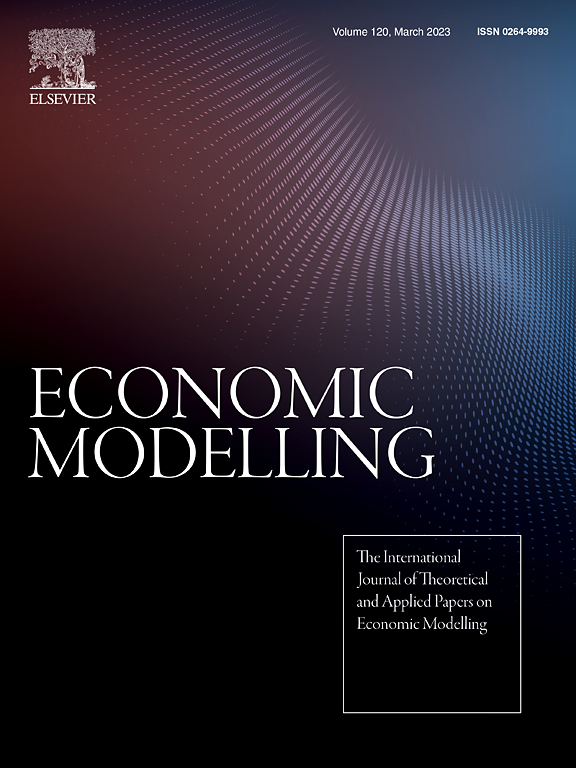
The most recent
Immigrants often face more obstacles in finding employment in their desired occupations than native workers, resulting in a larger misallocation of their workforce. This issue can decrease the host country’s aggregate labor productivity during large-scale migrations. Using a model of occupational choice that considers discrimination and other barriers for immigrants to find their desired occupations, we investigate the prevalence of these frictions and quantify the implied productivity losses for Colombia between 2015 and 2019, when the country received a mass migration from Venezuela. Our findings indicate that both frictions significantly misallocate Venezuelan immigrants. Removing them increase Colombian productivity by 0.9%, making the contribution of immigration to economic growth up to 29% larger. Our study thus highlights the importance of reducing barriers for immigrants in the labor market to enhance productivity and foster growth in the host country.


 Varon Alejandra
Varon Alejandra